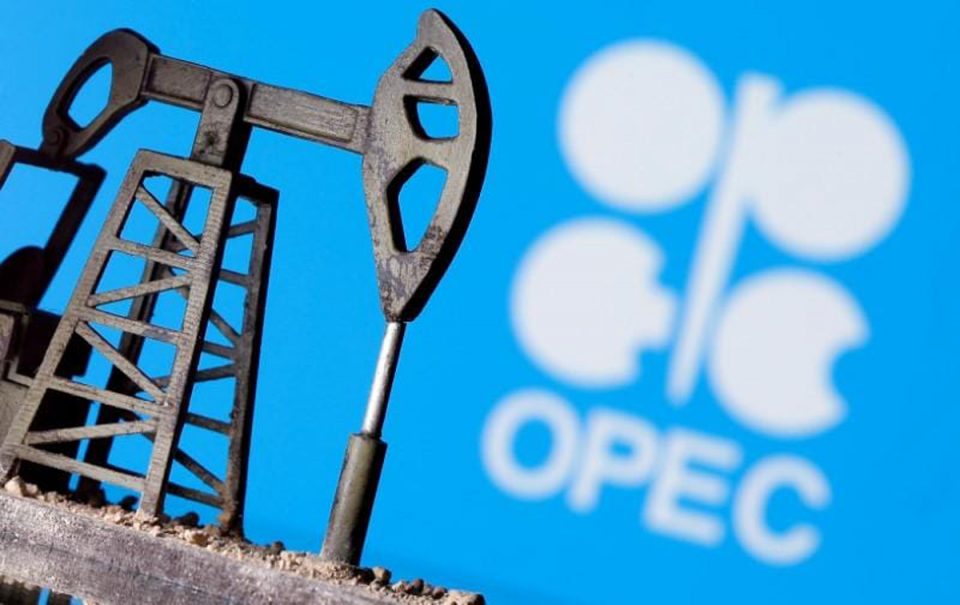In real terms, Nigeria is on the average, producing less crude oil than it pumped in some selected years in the 80s and 90s, data released by the Organisation of Petroleum Exporting Countries (OPEC) has revealed.
According to information contained in the newly released Annual Statistical Bulletin (ASB), between 1980 and 1986, the country produced on the average 1.3 million barrels of crude oil per day.
An analysis of the figures showed that with an estimated population of roughly 213.40 million people, according to the OPEC data, barrel of oil per population now stands at 118 to one barrel.
Compared to the World Bank estimated 119 million in 1990, when the country produced between 1.5 million barrels and 1.85 million barrels, about 79 Nigerians were entitled to a barrel of oil crude, meaning that the standard of living is lower now if purely based on oil production.
A breakdown of selected years indicated that put side by side Nigeria’s current production allocation of 1.579 million barrels per day, which the country has even recently failed to meet, leaving a deficit of 114,000 barrels unproduced, in July, the 80s and 90s held a more robust period for the country’s oil industry.
In 1989, Nigeria produced 1.501 million barrels, while in 1990 it increased to 1.6 million barrels, it was 1.840 million barrels in 1991 and 1.751 million barrels in 1992 and in the first quarter of 1993 it fell slightly to 1.857 million barrels.
In 1998 it increased to 2.0 million barrels, and was 2.1 million barrels in the last quarter of 2000 as it continued to average over 2 million throughout the decade.
But the production figures have been falling since 2019 hitting 1.7 million barrels on the average in that year and 2020 and falling to 1.5 million barrels in the first half of 2021, before slightly increasing to 1.579 million in July.
According to the data, the value of Nigeria’s petroleum exports was $27 billion for 2020 with proven crude oil reserves of 36.91 barrels, while export of petroleum products was zero, since the country did not export any finished products.
In addition, OPEC data stated that Nigeria’s total export value decreased by almost half in 2020, down to $37.984 billion from $67.481 billion in 2019.
In comparison, the total export value was $37.301 billion in 2016, $49.492 billon in 2017 and $65.357 billion in 2018, even as 2020 recorded a drop of 543 million barrels in the crude oil reserves of the country.
According to OPEC, Nigeria’s oil reserves reduced from 37,453 billion barrels in 2016 to 36,910 billion barrels in 2020, in comparison with 2017 when it was 37.453 billion barrels and 2018 when it dropped to 36.972 billion barrels and 36.890 billion barrels in 2019.
While oil rigs in 2017, 2018 and 2019 were 13, 32 and 17 respectively, the number of oil wells that were completed in Nigeria moved up from 76 in 2016 to 81 in 2020 in addition to the completion of 76, 81 and 100 oil wells in 2017, 2018 and 2019 respectively.
In terms of daily crude oil production, in 2020, it was 1.486 million barrels per day, 1.43 million barrels per day in 2016 and 1.54mbpd in 2017, while the average daily crude oil production in the country increased in 2018 and 2019, recording 1.6mbpd and 1.74mbpd in the two years.
The contribution of crude oil to the nation’s Gross Domestic Product (GDP) has also been falling consistently, hitting a low of 10 per cent on the average in the last number of years.




